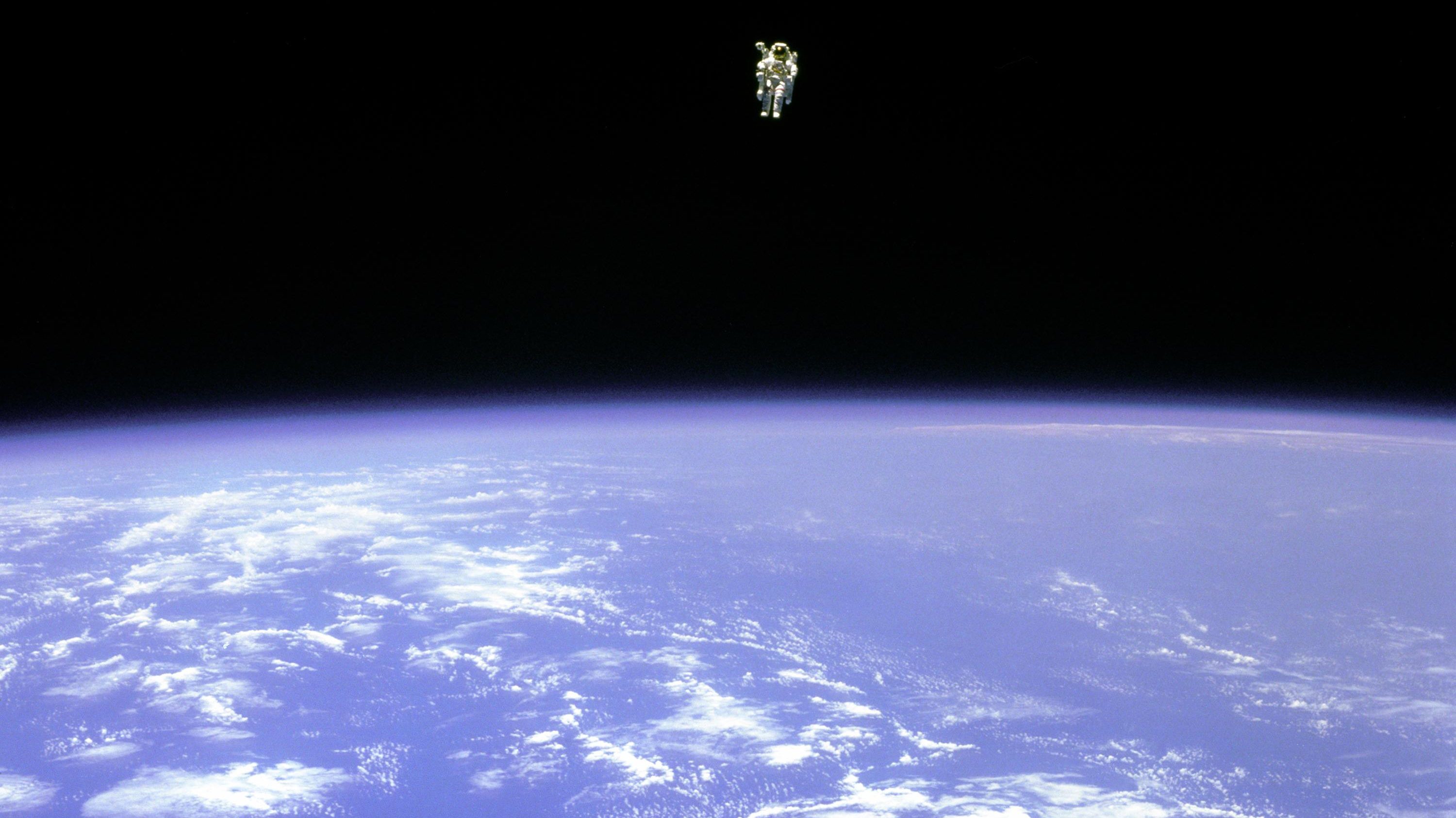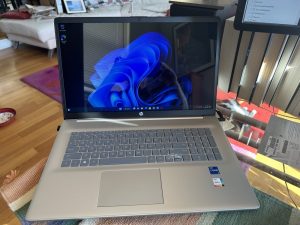- My new laptop;
- My new glasses;
- The populist vs. scientific ideas of “theory”.
I ordered a new laptop from Costco, and it arrived today about 4pm, and I’ve spent an hour getting it up and running. My old laptop has gotten cruddy, slower and slower, especially when rebooting, especially when closing and relaunching my browser — I’m still loyal to Firefox. When I’ve shut down the laptop to install updates, I figure at least an hour, on rebooting, before the browser and everything else are working smoothly. Also, its battery is dead; I’ve already replaced it once, and the current battery no longer recharges. That’s not exactly a problem, unless the power goes out; I always leave my laptop plugged in, and never rely on the battery. Furthermore… while I never leave files (Word, Excel, etc.) open overnight, I do sometimes leave them open during lunch, and increasingly, when I return, the app is hung, and I have to shut it down hoping I haven’t lost any work.
Still, I’ve realized that my pattern has been to replace my computer — in the past decade, a laptop connected to a full-sized keyboard and two big monitors — about every six years. The last time was 2017. Before that, 2011. Before that, 2007. So I now have another HP laptop, 17″ screen (this time a touchscreen), with the usual specs. An HP 17-cn3165cl, with Windows 11.
Also, about every five years I get new eyeglasses. I have a pair of bifocals, which I use for driving, or watching a movie in theaters, and two pairs of reading glasses, one for reading or looking at the phone, arm’s distance away, the other, an older prescription, best for looking at the computer, which as I sit in my chair is a bit farther than where I would hold a book. Given current insurance coverage (I’m on my partner’s plan), and a new visit to the optometrist, I replaced my “reading glasses” and my “driving glasses,” the bifocals, but not the older reading glass prescription glasses that I use at the computer, as I’m doing right now. The new “reading glasses” look like the ones in this photo:

\\\
So for today, just one, non-political, item, about something most people, especially conservatives, don’t understand, or seem to willfully misunderstand.

Big Think, Ethan Siegel, 29 Aug 2023: Never tell a scientist it’s “just a theory”, subtitled “When the average person has a ‘theory,’ they’re just guessing. But for a scientist, a theory is the pinnacle of what we can achieve.”
Key Takeaways
• In our everyday lives, a “theory” is just an idea, like a speculative hypothesis, that represents one possible explanation among a great many. • But in science, a theory is the culmination of what can be achieved in terms of a robust, validated, successful scientific idea. • When people claim that an idea in science is “just a theory,” they fail to understand what it takes to make a scientific theory. Here’s what everyone should know.
The article rather belabors what is a straightforward distinction. Beginning with the popular conception:
Whenever someone tells you that they “have a theory,” you’re probably a mix of curious and skeptical, and with good reason. Most often, you’re going to hear a wild tale that’s a mix of true and dubious facts, possible but suspicious links between them, guesses that range from informed hypotheses to extravagant speculations, and an important caveat at the end: that they have no proof of this, as it’s “only a theory.” In common, informal use, the word theory is tossed around as casually as words like:
- hypothesis,
- guess,
- hunch,
- idea,
- or gut feeling,
among others. In other words, when someone shares their pet theory with you in this regard, you might humor them by considering it, but you’d be well within the bounds of reasons to dismiss their “theory” without putting too much weight behind it.
In contrast,
In order to go from an idea to a scientific theory, there are multiple ways the idea in question must be scrutinized.
Is the idea plausible? Based on what we already know, if this idea turned out to be correct, would it undermine or conflict with observations, measurement, and data that we already possess? If so, then the idea — at least, the idea as it currently stands — is not plausible.
Does the idea have explanatory power? Based on the idea you’re considering, are there phenomena, measurements, or observations that are presently not explained by what we know, that could be explained by this new idea? If not, then this idea has no hope of becoming a scientific theory, as “predictive power” is perhaps the key reason that scientific theories are formulated in the first place.
Is the idea testable? This is, in many regards, the big one: is there some definitive test that can be performed to test this new idea? Is there some way we can compare this idea to the currently favored, prevailing scientific theory it’s seeking to supplant or replace, where we can put these predictions side-by-side, where they’ll differ from one another, and where nature itself will be the arbiter? If not — if this idea is not scientifically testable — then there never was any scientific merit to it at all.
But I think most of the confusion is from people who are motivated to reject scientific conclusions — “theories” like evolution — so as not to undermine their beliefs in ancient religious myths.






